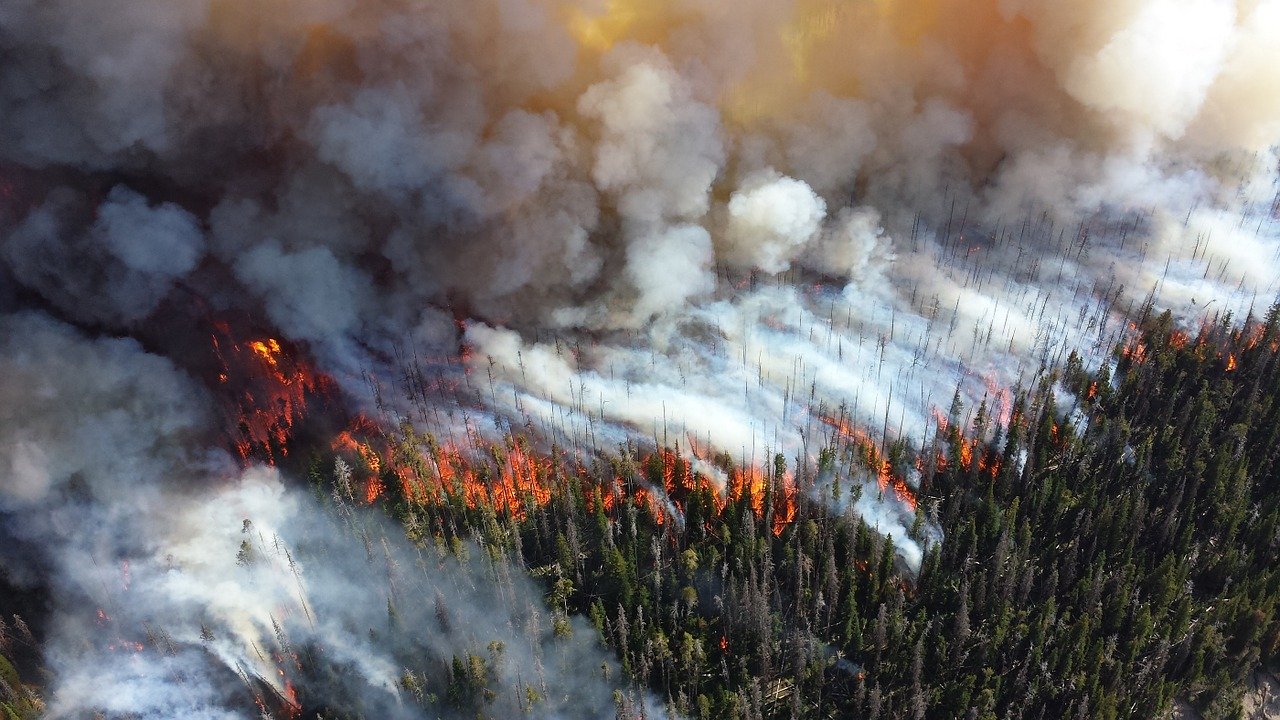6 Things Investors Want To Know About Your Climate Risks
As global concerns about climate change grow, investors are weighing climate risk when deciding which stocks to add to their portfolios. BlackRock, the world’s largest money manager, recently announced that it will avoid investments in companies that have a high sustainability-related risk. Fears about climate risk and sustainability have spawned a whole new category of investments. Companies like Vanguard have added environmental, social, and corporate governance (ESG) investing options. And according to Morningstar data, investors put $20.6B into funds focused on ESG issues in 2019— almost quadruple the year before.
Today, businesses that want to win investors will need to do a better job of measuring and reporting on their climate risks. But what exactly do investors want to know?
There isn’t one clear-cut answer, so you’ll have to determine for yourself which issues are important. However, there are a few themes that keep popping up — so we’ve compiled a list of six common things investors want to know about your climate risks.
1. Are you prepared for climate change-related natural disasters?
As global temperatures rise, extreme weather and natural disasters are becoming the new normal. Record heat waves, wildfires, hurricanes, droughts, and flooding are increasing not only in frequency but also in severity. According to NOAA records, over the last 10 years there have been 111 climate-related natural disasters that caused at least $1B in damage, compared to only 59 in the decade before.
Climate change-related natural disasters pose physical risks to facilities and assets. They threaten operations and disrupt companies’ supply chains. In disaster-prone areas, businesses may struggle to get or keep insurance. And if natural disasters become more common — as scientists predict they will — these risks will be harder for investors to ignore.
2. How are you preparing for a low-carbon economy?
In 2015, the Paris Agreement outlined a plan to combat climate change that would require limiting global warming to less than 2 degrees Celsius. To achieve this goal, global carbon emissions need to reach net zero by 2050.
Companies will have to work aggressively to reduce their carbon footprint in order to meet this target. They’ll also need to prepare for potential regulatory changes, such as carbon taxes and cap-and-trade programs, that might impact their operations. How well your organization prepares for a low-carbon scenario will affect not only your potential for profit in the future, but your ability to win investors today.
3. What are you doing to manage your supply chain’s impact?
A chain is only as strong as its weakest link. For many organizations, the weak link in their climate risk efforts is their supply chain. Imagine what would happen to an aircraft manufacturer if flooding halted transportation of aluminum needed for production. Or if a vendor was forced to shut down due to damage from a hurricane.
Investors today are looking at the big picture — including your supply chain. You might already be investing in addressing climate risks in your own operations, but if you don’t also address issues in your supply chain, investors may decide to take their money elsewhere.
4. Do you have a plan to address risks from resource scarcity?
Natural resources are becoming increasingly scarce. According to the UN, a 40% shortfall of the available global water supply is expected by 2030 — only 10 years from now. Without adequate resources, companies will struggle to maintain their operations. For example, a beverage company that relies heavily on water for production will have difficulty making products or have to raise prices. How well your company prepares to address resource scarcity will have a direct impact on shareholder value and your business’ bottom line.
5. Have you considered reputational issues related to climate and sustainability?
If you want to understand how climate risk can impact your company’s reputation, look no further than the Deepwater Horizon oil spill or PG&E brush fires. A single incident that damages your business’ reputation can have far-reaching consequences, including lost profits and customers, regulatory fines and penalties, increased operational costs, and loss of shareholder value.
But it doesn’t take a catastrophic event to damage your reputation. Today, consumers are voting with their dollars to support a more sustainable future. Companies that are not perceived as good stewards of natural resources will have trouble winning customers. Similarly, investors are considering a company’s environmental and social reputation when deciding where to put their money.
6. Are you capitalizing on climate-related opportunities?
Mitigating climate change hazards is only part of the conversation. Equally important is how you plan to capitalize on climate-related opportunities. For example, automakers are investing heavily in developing electric vehicles to meet demands for cleaner cars — and shareholders are rewarding them for it. Tesla is now worth $100B, surpassing Volkswagen as the world’s second most valuable automaker. Going forward, companies that are able to identify and seize opportunities created by climate change will be more appealing to investors.
Final thoughts
Today, climate risk has become an important consideration for investors. Companies with strong climate risk management and sustainability programs represent a lower risk in their portfolio. The challenge for organizations will be not only to address climate risks and improve sustainability, but also to measure and communicate the impact of their efforts to shareholders.
Next, everything you need to know about your next sustainability report.
